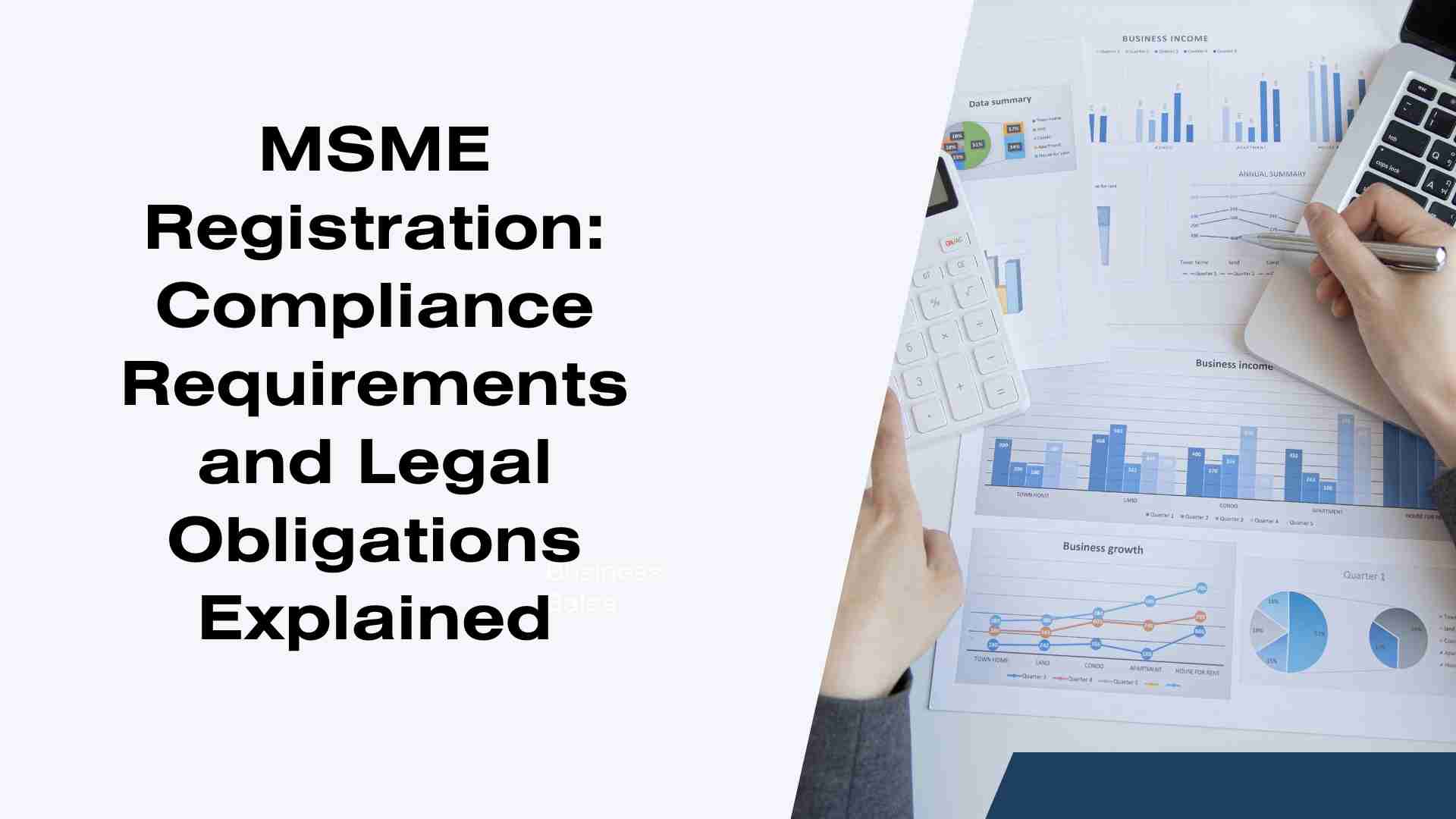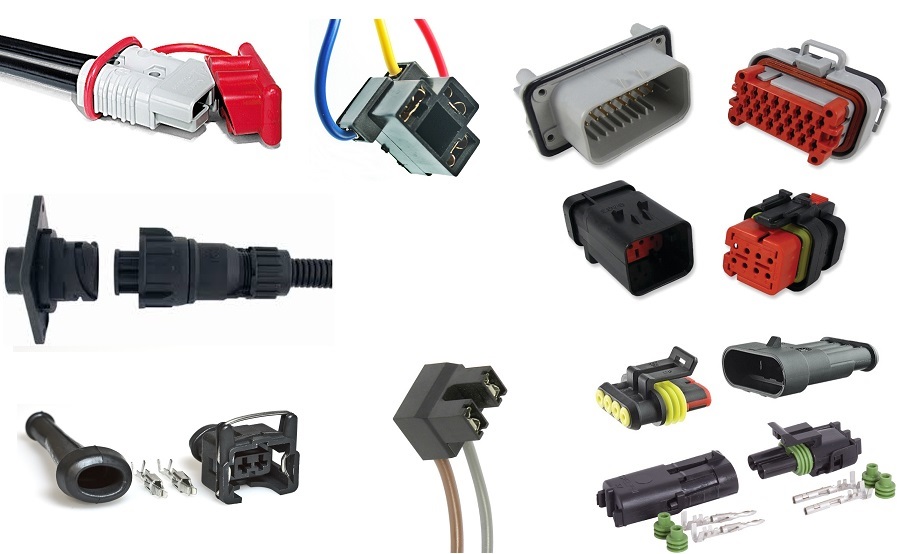MSME registration refers to the process of registering a business or enterprise under the Micro, Small, and Medium Enterprises (MSME) Development Act in India. The objective of MSME Registration is to provide various benefits and support to businesses falling under the specified categories based on their investment in plant and machinery or equipment, and turnover.
1. Introduction to MSME Registration:
MSME registration is a voluntary process aimed at recognizing and supporting micro, small, and medium enterprises in India. It provides various benefits and incentives to registered businesses, including access to finance, government schemes, and market opportunities. However, to avail of these benefits, businesses must comply with certain regulatory requirements and legal obligations mandated by the government.
2. Eligibility Criteria:
Before applying for MSME registration, businesses need to determine their eligibility based on prescribed criteria related to investment in plant and machinery or equipment for manufacturing enterprises and investment in equipment for service enterprises. Understanding the eligibility criteria is crucial to ensuring that businesses qualify for MSME registration and avail of the associated benefits.
3. Documentation Requirements:
The process of MSME registration involves the submission of certain documents and information to the appropriate authorities. These documents typically include proof of identity, address proof, details of the business entity, and information related to the investment in plant and machinery or equipment. Entrepreneurs need to gather and organize these documents accurately to facilitate the registration process.
4. Registration Process:
The registration process for MSMEs can be completed online through the Udyam Registration portal launched by the Ministry of Micro, Small, and Medium Enterprises. Alternatively, businesses can also approach the district industries center or other designated agencies for offline registration. The registration application requires the submission of relevant details and documents, followed by verification and approval by the authorities.
5. Ongoing Compliance Requirements:
Once registered, MSMEs are required to comply with certain ongoing obligations to maintain their registered status. These may include timely renewal of registration, submission of annual returns, compliance with environmental and labor laws, and adherence to any other regulatory requirements applicable to their specific industry or sector.
6. Benefits of Compliance:
Compliance with MSME registration requirements not only ensures access to various benefits and incentives but also enhances the credibility and legitimacy of businesses in the eyes of stakeholders, including customers, suppliers, investors, and regulatory authorities. It demonstrates a commitment to transparency, accountability, and responsible business practices, which can foster trust and confidence among stakeholders.
7. Regulatory Framework Overview:
Under MSME registration, businesses are subject to various regulatory frameworks governing their operations. These include compliance with labor laws, environmental regulations, taxation requirements, and industry-specific regulations. Understanding the regulatory landscape is essential for MSMEs to ensure full compliance with legal obligations and avoid potential penalties or sanctions.
8. Labor Laws Compliance:
MSMEs are required to adhere to labor laws governing aspects such as employment contracts, working conditions, wages, benefits, and safety standards. Compliance with labor laws ensures fair and ethical treatment of employees, promotes workplace safety, and mitigates the risk of labor disputes or legal liabilities. MSMEs must stay updated on changes to labor regulations and proactively implement necessary measures to maintain compliance.
9. Environmental Regulations Compliance:
Environmental compliance is another critical aspect for MSMEs, particularly those engaged in manufacturing or industrial activities. Businesses must comply with regulations related to pollution control, waste management, resource conservation, and environmental impact assessments. Implementing eco-friendly practices not only ensures regulatory compliance but also demonstrates corporate responsibility and contributes to sustainable development.
10. Taxation and Financial Reporting Obligations:
MSMEs are required to fulfill taxation and financial reporting obligations as per the applicable laws and regulations. This includes timely payment of taxes such as Goods and Services Tax (GST), income tax, and other statutory dues. Additionally, MSMEs must maintain accurate financial records, prepare annual financial statements, and comply with auditing requirements to ensure transparency and accountability in financial reporting.
11. Intellectual Property Rights Protection:
MSMEs should also be aware of the importance of protecting their intellectual property rights (IPR) to safeguard their innovations, inventions, trademarks, and copyrights. Registration of patents, trademarks, and copyrights provides legal protection against infringement and unauthorized use by competitors. MSMEs should proactively manage their IPR portfolio and enforce their rights to prevent misuse or misappropriation of their intellectual assets.
Note: You can also Print Udyam Certificate
12. Compliance Monitoring and Risk Management:
Regular monitoring of compliance status and risk assessment is essential for MSMEs to identify any non-compliance issues or potential risks and take corrective actions promptly. This involves conducting internal audits, implementing compliance management systems, and seeking professional advice when needed. By proactively managing compliance and risks, MSMEs can avoid legal liabilities, reputational damage, and business disruptions.
Conclusion:
In conclusion, MSME registration entails various compliance requirements and legal obligations that businesses must adhere to ensure regulatory compliance and good governance. By understanding the regulatory framework, fulfilling documentation requirements, and implementing robust compliance mechanisms, MSMEs can mitigate risks, enhance operational efficiency, and build trust with stakeholders. Compliance with labor laws, environmental regulations, taxation obligations, intellectual property rights, and other legal requirements is essential for the sustainable growth and success of MSMEs in today’s competitive business environment. Therefore, entrepreneurs should prioritize compliance and adopt a proactive approach to regulatory management to safeguard their interests and contribute to the overall development of the MSME sector.





